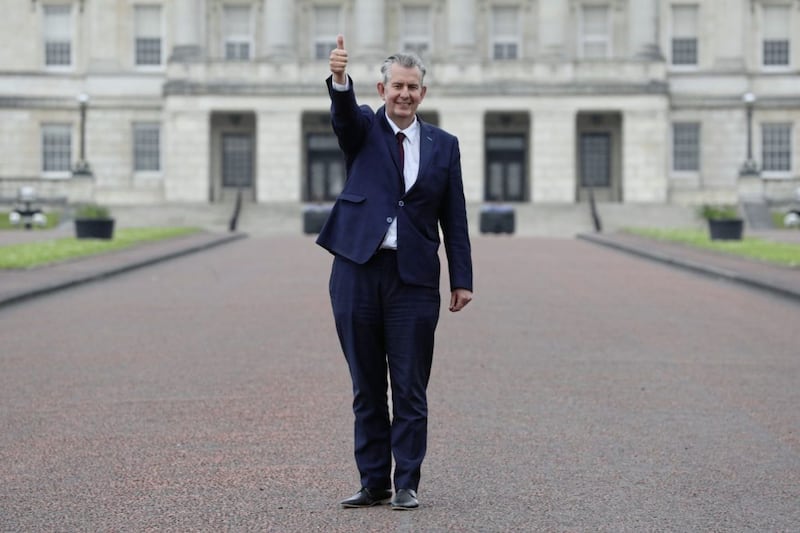So much has already happened in 2022, including the shocking murder of Ashling Murphy, the report by the Police Ombudsman that documented yet more collusion, the Novak Djokovic affair, new twists in the Prince Andrew scandal and the apparent beginning of the slow (or maybe not so slow) death of Boris Johnson’s premiership, it is easy to forget those State papers released in Belfast, Dublin and London that featured prominently in our newspapers, including the Irish News, in the days after Christmas.
And easy also to overlook some lessons from them.
From reading the newspaper/website reports - rather than poring over the files as some select historians and journalists did - one spotted many revelations that stood out.
It was interesting, for instance, to see a different side to former taoiseach, John Bruton, to that presented previously by political opponents, including his predecessor Albert Reynolds, who once dubbed him “John Unionist”.
A file disclosed a heated phone conversation between Bruton and John Major when a clearly furious Bruton tackled the PM about the chief constable’s decision to let the Portadown Orangemen parade down the Garvaghy Road in 1996, comparing it to the British government’s climbdown at the time of the UWC strike in 1974.
Sometimes a narrative takes hold about a person that makes it difficult for a more rounded picture to emerge and this little nugget concerning Mr Bruton appears to be a needed corrective.
However, what was perhaps most instructive were files that documented John Hume’s attentiveness to the difficulties that Ulster Unionist leader David Trimble faced at the time of the Good Friday Agreement referendum in May 1998, the obvious warmth and trust within the relationship enjoyed by the two prime ministers, Tony Blair and Bertie Ahern, and a proposal to Blair by his foreign secretary Robin Cook for an even deeper relationship between London and Dublin that was rejected by Mo Mowlam and the NIO for fear of further upsetting unionists.
One was struck by the disclosure that Hume confided to a NIO minister that he had sent a message to Trimble asking how the SDLP could help him, adding that despite the overwhelming support for the agreement within the nationalist community the nationalists should not “claim victory”.
Here was the leader of the majority party within nationalism reaching out to his opposite number within unionism and offering a helping hand.
It is out of such open heartedness and empathy that trust is born, and relationships are built up in the furtherance of the common good, even if a certain amount of self-interest may be at play.
Is it too much to hope, that almost 24 years after Good Friday Agreement was endorsed in both jurisdictions in Ireland that Michelle O’Neill or Mary Lou McDonald would ask Paul Givan or Sir Jeffrey Donaldson if there is anything they can do to assist them in relation to, say, legacy or the Brexit protocol, or vice versa? Maybe wishful thinking on my part in the run up to an election.
But until politicians in our fractured society set an example and display leadership by straining to put themselves in the shoes of their opponents we don’t have much chance of seeing the healing that is so necessary after everything we have been through.
Despite many references to “the signing of the Good Friday Agreement” in the academic and journalistic commentary on the files there was actually no signing ceremony by the eight local parties that historic day at Stormont, rather a signing by Blair and Ahern of the new British-Irish Agreement included in the GFA as an annex, that superseded the Anglo-Irish Agreement of 1985.
Recent history suggests that only when British and Irish leaders jointly, constructively and impartially focus on Northern Ireland - as Blair and Ahern did - will we advance as we should. A return to that type of engagement is unlikely any time soon and that does not augur well.









